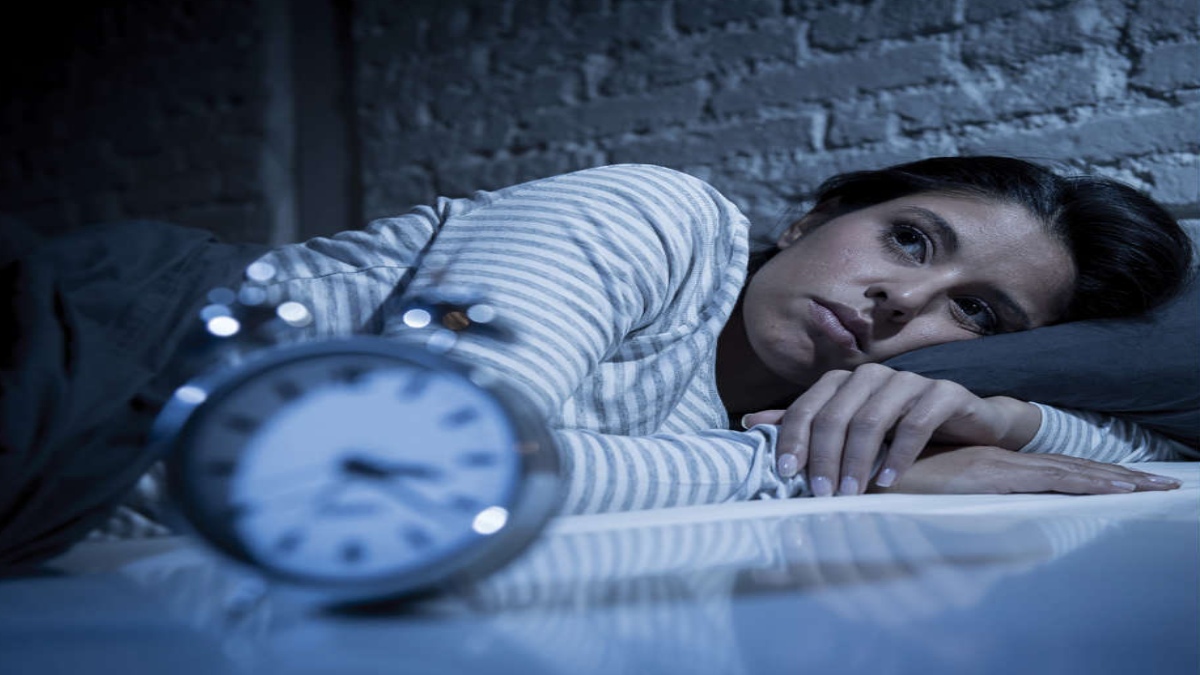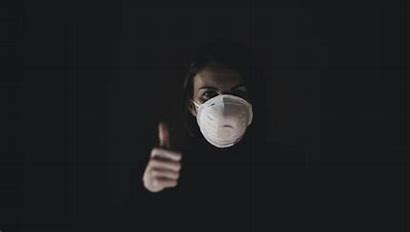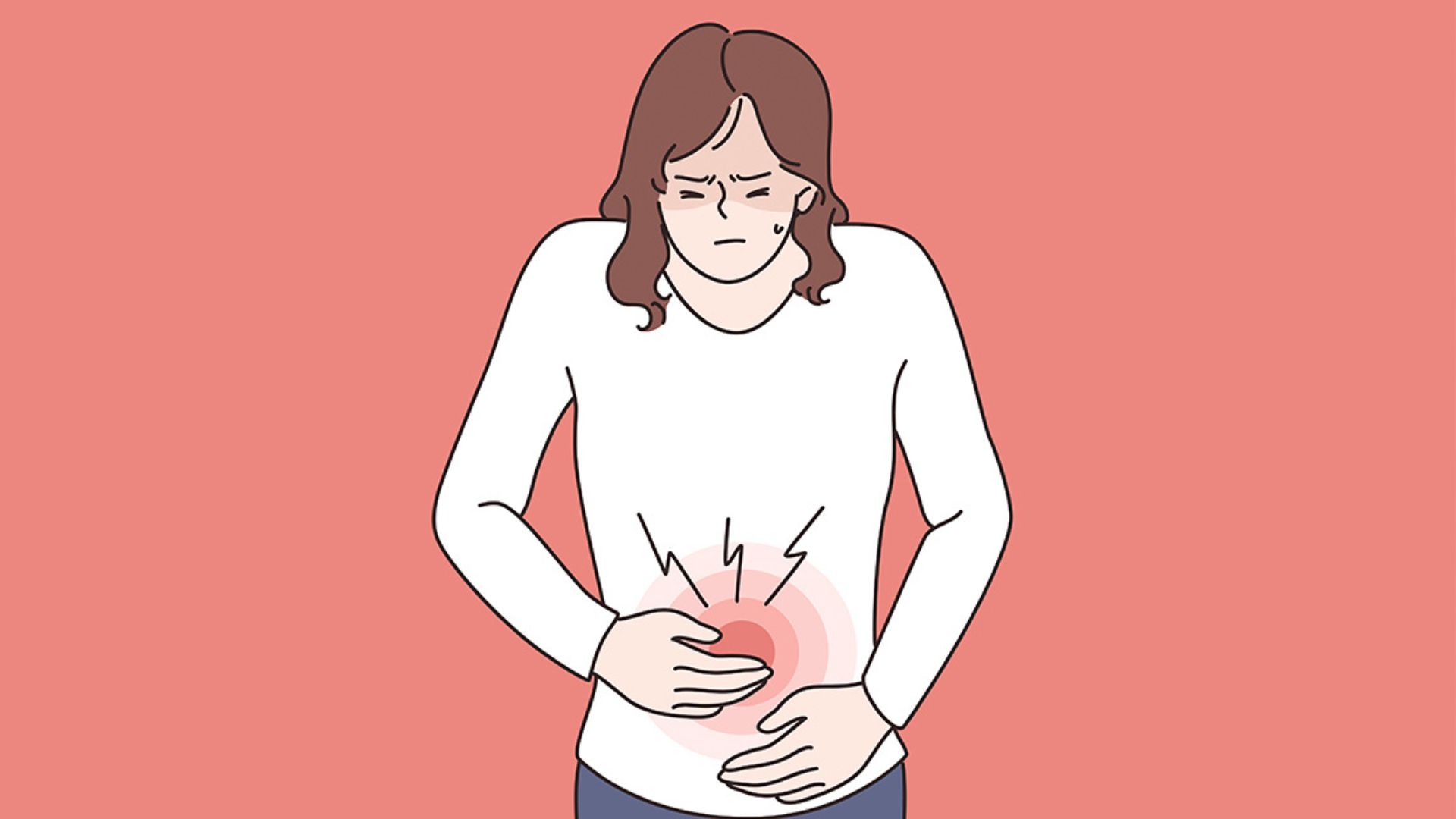Evolving lifestyle, unhealthy eating habits, adaptation to extended work-from-home routine and ever-transforming job culture have drastically influenced the sleeping patterns of Indians today. The risk potentials are such that insomnia- a sleep disorder in which a person faces trouble falling or staying asleep- is now emerging as an unrecognised health burden on the country.
According to a Wakefit.co report, the fear of insomnia increased from 19% last year to 24% this year, with Delhi NCR topping the list of cities where people are most worried about sleeplessness. Over 50% of Delhiites reported being anxious about suffering from insomnia. The 2021 report reveals that 42% of Gurugram residents complained about work keeping them up late at night. Last year, the corresponding number was 17%. Also, it is not surprising that people who used their phones just before sleeping was as high as 94 per cent in Delhi-NCR despite greater awareness about the perils of using electronic devices before bedtime. The report further says that the blurring boundaries between work and home have resulted in 81% of Delhiites feeling sleepy during work hours one to three times a week.
Insomnia is a condition that can be acute or chronic. It can also come and go. The condition can be termed chronic only when it happens for at least three nights a week for three months or more. It is further categorised into two types- primary and secondary. While the former is not linked to any other health condition or illness, the latter can bring trouble sleeping due to health conditions like high blood pressure, obesity, depression, anxiety, asthma, arthritis, cancer, pain, medication, or substance use like cigarettes or alcohol, and many others. Binge TV watching, particularly the addictive TV serials & web series available on several OTT platforms, an impulsive attachment to social media platforms and peer pressure of catching up with the “new normal” of sleeping late are some added reasons for insomnia.
The condition not only impacts physical health but causes major mental health problems with symptoms like inability to focus, anger issues, depression, irritability, daytime fatigue, night terrors or bad dreams, waking up too early or throughout the night or taking hours to fall asleep. Studies show that sad or sudden events like accidents or traumas like job loss, exam results, death of dear ones, financial distress, chronic health conditions, etc. are some of the major causes of insomnia. Furthermore, disturbed sleeping patterns due to jet lag, work shifts, bad lifestyle choice also catapult sleep disorders. Restless legs syndrome, an overactive thyroid, sleep apnea, chronic obstructive pulmonary disease (COPD) also cause difficulty in sleeping.
Today, insomnia can be diagnosed by doing a physical examination and by taking note of medical and sleep history. Patients are advised to carry a journal or a notepad for a couple of weeks to track sleeping patterns. In certain cases, special tests are also conducted at specialised sleep centres. While acute conditions may not require treatment, a doctor may prescribe sleeping pills for a very short time. However, it is always advised to not use over-the-counter drugs for insomnia which can cause side effects. Cognitive-behavioural therapy is also suggested.
Insomnia can be stressful but the condition can be easily managed by making simple lifestyle changes and adopting a healthy “Sleep hygiene”. These include going to sleep at the same time each night and waking up at the same time the next morning, avoiding the use of phones or electronic gadgets before sleeping, avoiding caffeine, nicotine or alcohol, regular exercises, avoiding heavy meals, etc. Patients who find trouble sleeping should try to make the bedroom comfortable, dark & silent with a controlled temperature. Using eye masks and earplugs work wonders in controlling disturbing factors like light or noise. Reading a book, listening to soothing music or taking a bath also helps in falling asleep.
Today, lack of awareness and poor knowledge about insomnia has brought negative consequences on people’s health and well-being. Insomnia is a common condition and can result from various issues. Anyone who is battling this condition should see a doctor or a counsellor who can identify the root cause and recommend a solution for overall recovery.
The writer is the Chief Neurologist at Artemis Hospitals Gurgaon.













